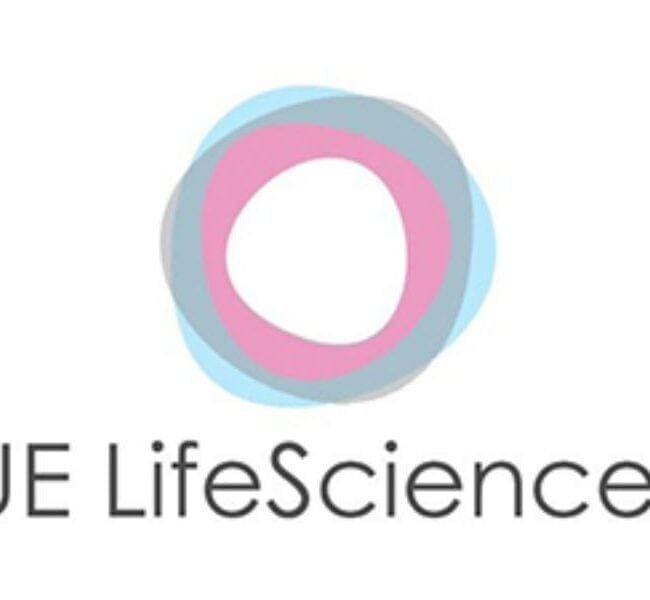
E-commerce is the future! And the future is here!
How to select an e-commerce website for your start-up?
Did you know, sales from the online shops are going to increase by 78% till 2020?
E-commerce has become an indispensable part of the business today but it is imperative to know some fundamentals before starting one.
It’s easy to get caught up and excited in the changing trends and go with the flow, but unless you know what you want and how much are you ready to spend, you will struggle to survive in this competitive era.
So before hiring an expert to create a e-commerce website for you, make a note beforehand. In this blog, we will talk about 5 best types of ecommerce websites who are experts in the current trend.
Firstly, you need to be familiar with the category you belong to:
1. B2B – Business to Business
2. B2C – Business to Consumer
3. C2C – Consumer to Consumer
4. C2B – Consumer to Business
Secondly, what do you, as a business owner expect the ecommerce website to be like?
1) Convenient
2) Easy to use
3) Scalable
4) 24*7 Security
5) SEO optimization
Precisely, we will be talking about the best e-commerce websites and the important factors to consider before selecting a particular platform for your website.
1) Shopify:
- It is the most reliable and secured platform with an easy interface, catering to approx. 325,000 businesses worldwide.
- It also has full-fledged SEO and other marketing options like blogs, email marketing, product reviews, social media integration, etc.
- Top features: Easy website builder, able to use your own domain name, and mobile friendly stores.
- Monthly cost will be around $29-$299 and the annual cost including hosting, theme, domain name, maintenance, etc. will cost you around $700.
- It has limited customization themes since it is a hosted platform.
- Highly scalable.
- Has 24*7 professional support.
Some of the brands that use Shopify are Budweiser, The Economist, Tesla Motors, and Red Bull.
2) Magento:
- If you have a huge business and are on an expansion spree, go for Magento.
- It comes with with an extremely optimized SEO. But, someone will have to manually operate it.
- It has a complicated interface, but if you can deal with it, go for it.
- It is a secured platform but not as good as of Shopify.
- Top features: It consists of responsive templates, hosts multiple wish lists. It also has targeted marketing, polls and customer segmentation features.
- Monthly fee $1,988 – $3417 and annual cost is $18000
- Magento has innumerable customizable templates for use.
- Has a higher scalability and robustness.
- Some of the brands that use Magento are Coca-Cola, Ford, and Nike.
3) WooCommerce:
- It is best for small to medium-sized businesses. It is a plugin installed on more than 848,419 domains.
- Highly flexible and allows WordPress extensions.
- It is easy to use though not as much easy as Shopify.
- It is equipped with optimized SEO but you may have to manually do the operations pay for more extensions.
- It claims to be a “free” setup though you will have to pay for their themes to have all the benefits.
- Top features: It works with any WordPress theme, has a variety of payment getaways, and configurable tax settings.
- Not very secured, it may require extra safety measures.
- Annual fee is around $771.
- It has limited support available, but you can contact forums in case of any queries.
- Successful WooCommerce stores include Spectator Magazine Shop and Blue Star Coffee Roasters.
4) Open Cart:
- It is another platform that provides free services with open-source tools, along with numerous paid extensions just like WooCommerce.
- Suitable for small-medium scale businesses
- It is easier to set up than Magento
- Top features include: Multi-store management from the same admin panel, wide range of currencies and languages.
- You can avail yourself a free Community and Dedicated Support anytime you need help. That’s how it is better than Woo Commerce
- It has all basic SEO features for free.
- Annual fee comes to around $600
- It has many customizable templates.
- Quite Scalable
- Some of the best examples are AskMeBazaar.com, TrendyBharat.com and SamsungCenter.ir.
5) Custom Development:
Disclaimer: Only if you are a developer, you can go for this option. It is otherwise, a very complicated task to set up. Top features: You can completely have control over the coding; have unlimited scalability, security, customization.
To conclude, there are more than 5 types of e-commerce websites that you can choose from. But it all depends on how much money you can afford to spend, what you want it to look like, kind of skills your developer has, etc.
We hope this blog was helpful to you! Also read, the importance of content strategy for social media which is of utmost importance in 2019.








